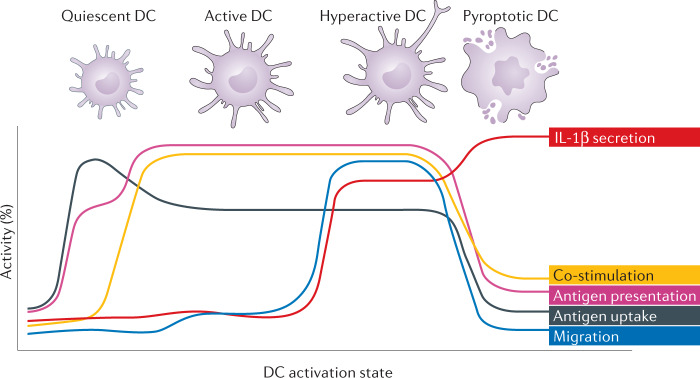Fig. 1. The T cell stimulatory activities of dendritic cells at distinct activation states.
To regulate T cell activity, dendritic cells (DCs) provide T cells with several signals that are important for the establishment of an appropriate T cell response. Naive DCs are quiescent DCs that have the ability to take up antigens. Active DCs take up antigens and have an enhanced ability to present antigen peptides on MHC molecules. In addition, active DCs upregulate co-stimulatory molecules to stimulate T cells. Hyperactive DCs share similar activities with their active counterparts, but also gain the ability to hypermigrate to lymph nodes and to secrete IL-1β. Pyroptotic DCs secrete high levels of IL-1β. However, pyroptotic DCs are dead and lose their T cell stimulatory capacity.

